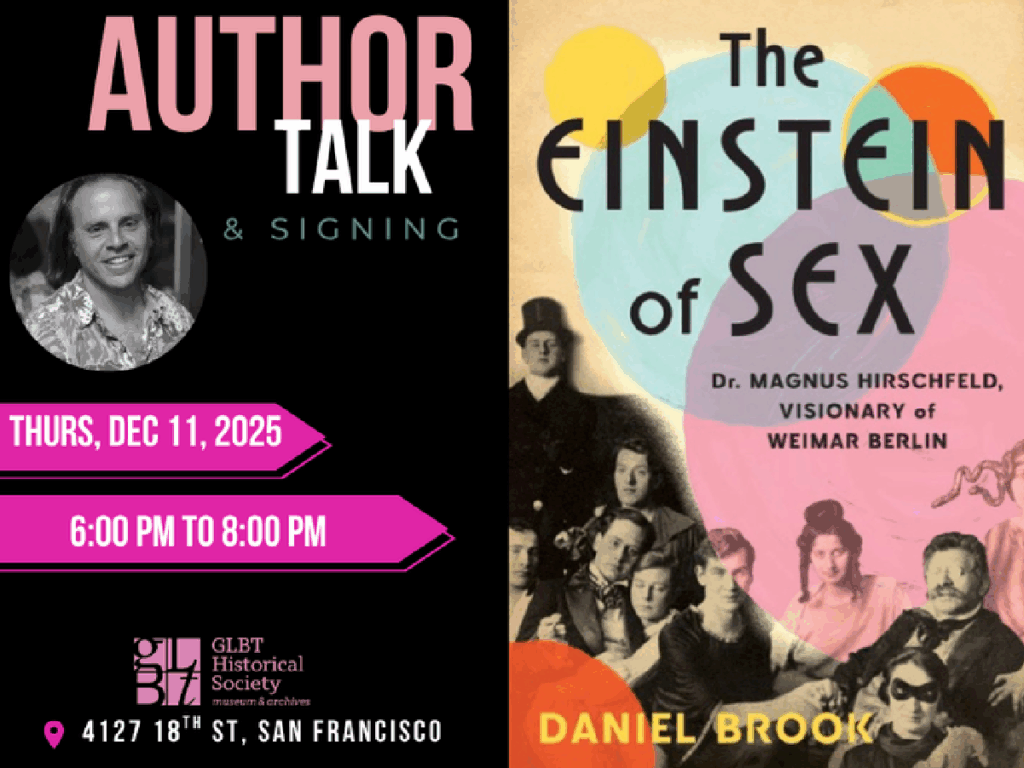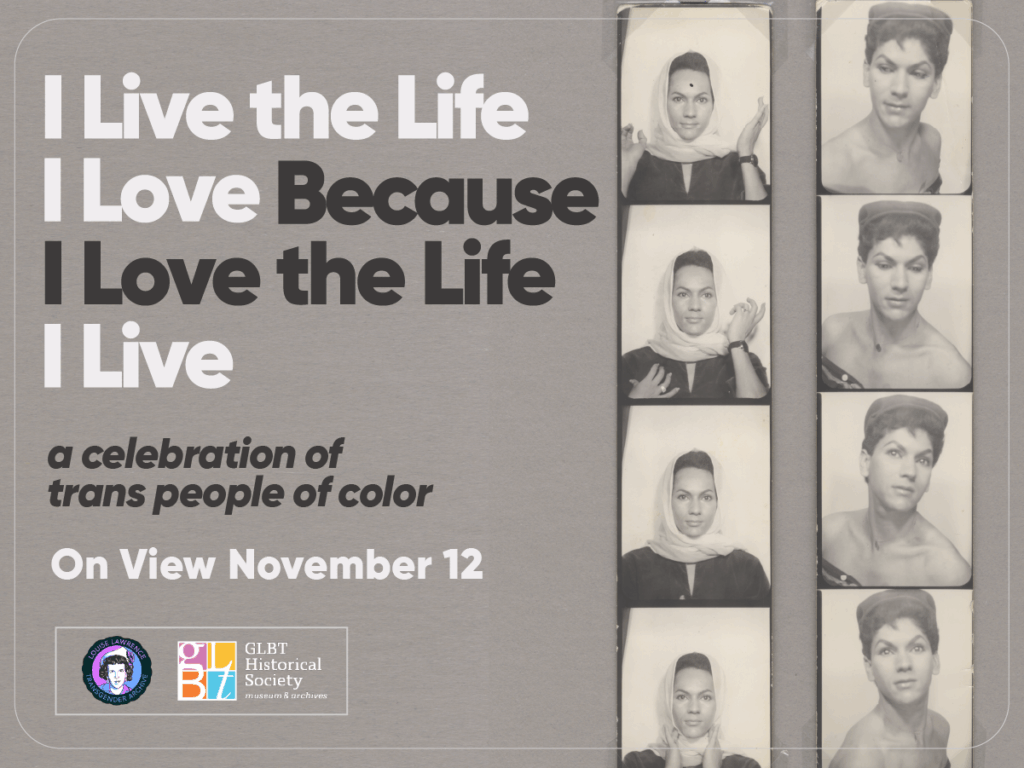San Diego City Councilmember Marni von Wilpert says her decision to run for Congress is rooted in urgency rather than ambition. For the bisexual Democrat, challenging Republican Rep. Darrell Issa in California’s 48th District is about preserving American democracy and safeguarding rights she believes are under threat in Donald Trump’s second presidency.
“I’m watching things that I’ve built my career on, my life on, be crushed by President Trump,” von Wilpert told The Advocate in a recent interview. “As a young woman in this fight, I’ve lost my rights under Roe v. Wade after Trump was elected the first time, and as an LGBTQ woman, I’m worried about losing my rights to equality under the law. That’s why I decided to jump in and fight.”
A career built on service
Von Wilpert, 42, brings a résumé that spans international service, civil rights advocacy, and labor policy. A University of California, Berkeley, graduate in peace and conflict studies and a Fordham Law alumna, she served in the Peace Corps in Botswana to combat the African HIV and AIDS crisis. After law school, she launched a legal clinic with the Mississippi Center for Justice to represent individuals facing discrimination because they have HIV, and later clerked for Judge James Graves Jr. on the U.S. Court of Appeals for the Fifth Circuit.
She went on to work in the appellate branch of the National Labor Relations Board and on Capitol Hill with Virginia U.S. Rep. Bobby Scott, contributing to labor legislation, including the PRO Act, which sought to protect workers’ right to organize. As associate labor counsel at the Economic Policy Institute, she advanced workers’ rights. Returning to California, she served as a deputy city attorney in San Diego, where she litigated consumer protection and environmental cases.
That mix of international, federal, and local work, she says, has prepared her for a national fight. “Watching everything that I’ve built, helping workers, helping women, doing international diplomacy, it’s all being crumbled by the Trump administration,” she said.
Living as an out bisexual candidate
Von Wilpert recognized the risks of running in a time of heightened political violence. “Living our lives as LGBTQ individuals has always, unfortunately, been a brave act in America,” she said. “When I was first coming out as openly bisexual, I got a lot of people questioning whether or not I should be in politics anymore, whether I was fit to lead.”
She added that courage is not optional. “If we want to keep our rights, and I want to keep my right to marry who I want to marry and have the rights of equality under the law, I have to step up and fight,” she said. “And if we don’t do it now, with what Darrell Issa and Donald Trump and all the hard-right Republicans are doing to our country, I don’t know what democracy we might have left to fight for three years from now.”
Her visibility, she said, matters for the next generation. She said that after speaking at a recent Young Democrats event in San Diego, a teenager told her how meaningful it was to see von Wilpert and her girlfriend in politics. “Right now love feels like a revolutionary word because we are being told to hate ourselves and to hate our neighbors,” she said. “The antidote to hate is not tolerance, it’s love.”
Marni von WilpertCourtesy Pictured
Affordability & stopping gun violence are top issues
Von Wilpert grounds her campaign in issues facing San Diego and Riverside counties. “The thing I hear the most about from my constituents is how everyone is grappling with the cost of living,” she said. On the City Council, she helped launch a teacher down-payment assistance program after realizing that many educators earned too much to qualify for affordable housing but too little to save for a home.
“I got my first selfie from a teacher in front of her front door with her baby and her husband,” she recalled. “She said, ‘Marni, I taught in San Diego for 10 years. We were about to leave, but we stayed because of the grant, and we can live in San Diego now.’ That’s what this is about — keeping people in the communities they serve.”
Related: This gay Navy reservist is running to represent the Virginia Beach area in Congress
She contrasts that record with Issa’s. “My vision is that we live in a beautiful region in Southern California that celebrates everyone in our region,” she said. “Issa wants to demonize immigrants, tear apart government, and undo every gun safety law. That’s not who we are.”
In July, Issa and New York Rep. Elise Stefanik introduced the Modern Firearm Safety Act, which would prohibit states from requiring handgun manufacturers to adopt certain safety features, such as loaded chamber indicators, magazine disconnect mechanisms, and microstamping, and prevent states from enforcing handgun roster laws.
Von Wilpert authored California’s first law banning untraceable ghost guns — firearms assembled from kits or parts without serial numbers — a measure that faced legal challenge from local gun groups and the National Rifle Association.
Her local ghost gun legislation anticipated a broader fight: the U.S. Supreme Court in 2025 upheld a federal rule regulating ghost gun kits, ruling 7–2 that the Gun Control Act allows the agency to treat weapon-parts kits and incomplete frames or receivers as firearms under certain conditions.
LGBTQ+ candidates
Her run aligns with national momentum: The LGBTQ+ Victory Fund and Victory Institute report that record numbers of queer candidates are seeking office. More than 1,200 LGBTQ+ people are running at all levels of government this cycle, a sharp increase from previous years.
Asked if she saw herself as part of a broader political wave, von Wilpert was emphatic: “We are the movement. This generation of LGBTQ folks is taking the torch from the people who gave us the ability to have a voice ourselves. The people at Stonewall didn’t give up. The marchers in Selma didn’t give up. Now it’s our turn.”
She described sitting on her couch with her girlfriend, debating whether to run. “She’s in law enforcement, and we were debating whose job is more dangerous at this point. But we said, you know what, if they didn’t give up then, we can’t give up now either.”
Responding to anti-trans attacks
Von Wilpert also addressed the wave of anti-transgender ads appearing across the country. “I believe that trans rights are human rights,” she said. “The attack on trans people is nothing new; it’s just the latest version of hate we’ve seen.”
She likened the debate to past resistance to women in the military. “We were hearing, ‘Where will the women shower? What hair products will they want?’ Now it’s bathrooms and clothing for trans people. It’s the same hate, just a different version.”
On sports, she called government intervention a distraction. “I don’t believe government should be regulating sports. Let the sports agencies regulate. It’s a red herring,” she said.
Redistricting temporarily
The race is also shaped by Proposition 50, a Democratic-backed measure to redraw California’s lines in response to GOP gerrymandering in Texas, where Republicans hope to gain five seats. Von Wilpert admitted unease but said Democrats could not “gamble with our future.”
She added that the change is temporary until the 2030 census restores independent redistricting.
Von Wilpert is one of at least five Democrats running, including immigration attorney Curtis Morrison and musician Albert Mora.
Away from politics, von Wilpert describes herself as a “huge foodie,” especially for Mexican cuisine, and a devoted yoga practitioner. She and her girlfriend share a home with two cats and a dog. Laughing, she joked about one of their quirks. “I love cilantro, but it tastes like soap to my girlfriend. So I get all the cilantro,” she said.






